
The largest military offensive in history, Operation Barbarossa which lasted from 22 June 1941 until 7 January 1942 -proved disastrous for Adolf Hitler and arguably signalled the beginning of his decline from power. Germany suffered more than 750,000 casualties. It was a game-changer. The course of the war altered, ending in Germany's defeat. But what would have happened had Hitler not sent the Wehrmacht, the nation's unified armed forces, eastwards?
"The only military alternative to invading the Soviet Union would have been to knock Britain out of the war." That's the view of Evan Mawdsley, honorary professorial research fellow in the School of Humanities at the University of Glasgow and author of many books on World War II, including Thunder in the East: the Nazi-Soviet War, 1941-1945 (Bloomsbury, 2015).
"Of course, Hitler could have settled for the stunning successes of 1938-1940, which gave 'Greater Germany' control over western and central continental Europe, from the Pyrenees to the Vistula River in Poland, and from Norway to the Alps. There was also an alliance with Italy, and compliance from a right-wing government of occupied France. But Hitler was in a hurry. He wanted to keep the initiative and stay in control of events."
SEEKING PEACE
Had he refocused his attentions on Britain rather than the Soviet Union, Hitler had two options. One route was diplomacy, applying pressure on London to accept Nazi control of such a large swathe of Europe.
Bu hikaye BBC History Revealed dergisinin September 2023 sayısından alınmıştır.
Start your 7-day Magzter GOLD free trial to access thousands of curated premium stories, and 9,000+ magazines and newspapers.
Already a subscriber ? Giriş Yap
Bu hikaye BBC History Revealed dergisinin September 2023 sayısından alınmıştır.
Start your 7-day Magzter GOLD free trial to access thousands of curated premium stories, and 9,000+ magazines and newspapers.
Already a subscriber? Giriş Yap
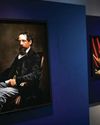
'Dickens's evocation of the fears, excitement and confusion of childhood is peerless'
DR LEE JACKSON ON WHY CHARLES DICKENS REMAINS RELEVANT TODAY
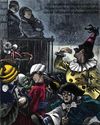
THE AUTHOR GOES ABROAD
Dickens expanded his horizons and boosted his fan-base by venturing overseas - but global fame came with a cost
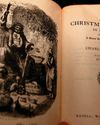
REVIVING THE FESTIVE SPIRIT
A Christmas Carol wasn't just a bestseller - it changed the way that Britons chose to mark the festive season
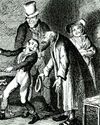
GIVING THE POOR A VOICE
From Hard Times to Oliver Twist, Charles Dickens used his pen to help illuminate the lives of the less fortunate
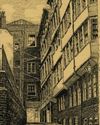
A JOURNEY THROUGH DICKENS'S LONDON
The works of Charles Dickens are synonymous with visions of Victorian London. We talk to Dr Lee Jackson about the author's love of the capital, and the locations that most inspired him
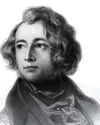
EXCEEDING EXPECTATIONS
Dr Lee Jackson chronicles Charles Dickens's journey from down-at-luck teenager to titan of Victorian literature

GIFTS, TREES & FEASTING
We take a journey through the photo archives to reveal how Christmas and its many traditions have been celebrated over the years - and around the world
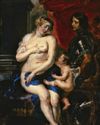
WHAT GREAT PAINTINGS SAY
We explore the story behind an allegorical painting that celebrates the triumph of love over hate, peace over war
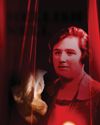
HELLISH NELL
Malcolm Gaskill delves into the life of Helen Duncan - the fraudulent Scottish medium whose ectoplasm-filled seances saw her ending up on the wrong side of the law
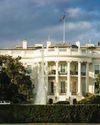
7 THINGS YOU (PROBABLY) DIDN'T KNOW ABOUT THE WHITE HOUSE
Presidential historian Dr Lindsay M Chervinsky reveals some of the most surprising facts about the world-famous US residence